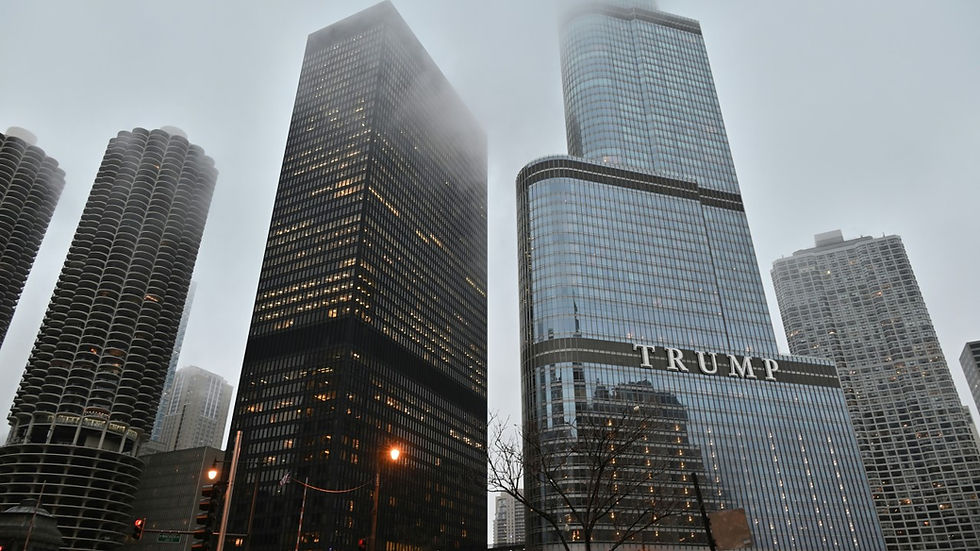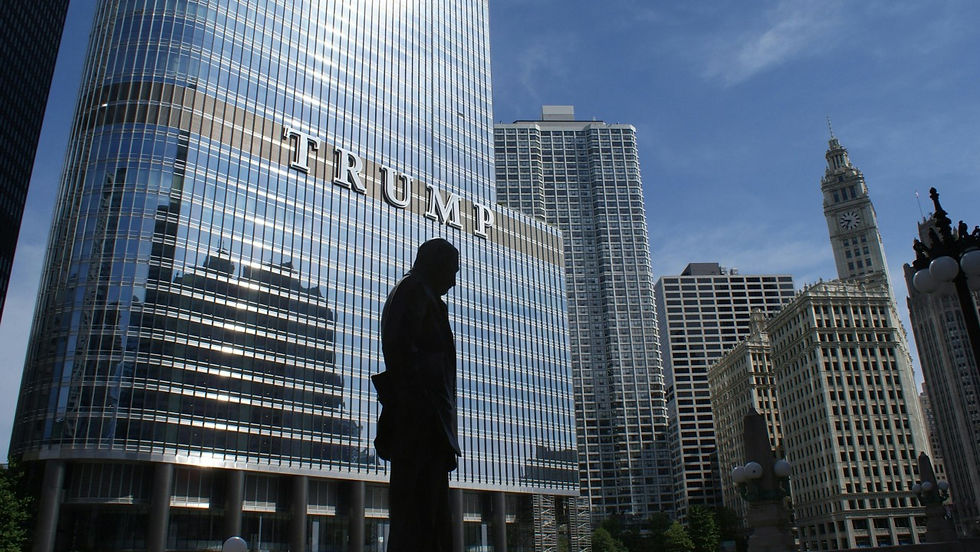Local Elections: Labour’s Reform Reckoning?
- Jun 9, 2025
- 3 min read
Local elections…yawn. Right? Maybe not.
This year, the local elections were more exciting than most, and for a number of reasons. There are 1,641 council seats up for contention in select regions across England and these are the first electoral test for Labour since coming to power last year. And they had every reason to be nervous. Not only has their popularity collapsed by the fastest and greatest levels of any newly elected government, but it was also a moment for them to confront an internal division: to court Reform voters, or hone in on their liberal-progressive base and try to fend off the threat from the Greens and Lib Dems.
It wasn’t just Labour’s election to defend, but Reform’s to storm. There were high expectations of the party due to their surging popularity, up from 15% last July to 23% earlier this year. This election was their opportunity to prove that they have the public on side and can translate their support into votes. And that maybe, just maybe, a bigger role for Reform in local government isn’t such an outlandish idea.
Predictions of voting trends foresaw widespread apathy and disinterest, alongside splintering voting intention. This leads to inaccurate polls and narrow wins which can lead to accusations of fraud, and, more importantly, questionable mandates and vulnerable legitimacy.
So how did things play out?
1. Reform wins big(?)
These local elections were pitched as Reform’s to win, and Farage has been given enough ammunition to claim that success. Getting their first mayor in Greater Lincolnshire with 42% of the vote is no mean feat (far ahead of the trailing second-place Tories with 26%). To rub salt in the Conversatives’ wound, their successful candidate, Dame Andrea Jenkyns, is a defected Tory herself.
Whilst another Reform MP in Runcorn and Helsby is certainly a success, winning by a margin of just 6 votes after a recount means that nothing is certain. Farage may be touting this as resounding support, but a magnifying glass may reveal concerning cracks in their base.
2. Labour breathes a sigh of relief
Given the relentless criticism, Starmer can’t be unhappy with the government’s holding of a trio of mayoral contests: North Tyneside (by 444 votes), Doncaster (by 698 votes), and West of England (by 5,949 votes). The last of these is a particular success, after the Greens put up a fight in their Bristol heartlands.
However, the loss of Runcorn to Reform is bitter, and has prompted more spiel of Farage’s commitment to go “further and faster” with change.
3. Conservatives licking their wounds
The Tories, who had 900 contested seats in this election, always knew that their position as the main opposition party might be threatened. Early indications reveal that the Tories may be looking down the barrel of losing up to 770 seats and control of all councils – a fairly shocking figure.
Leader of the opposition Kemi Badenoch has been forced to concede that it was a “very difficult set of elections” – the results are not only bad for the Conservatives but will be very concerning for her and likely to make her already tenuous position even more unstable.
So what do these results mean?
No third party has ever been able to pose a threat to the two main forces quite like Reform. Sure the Lib Dems got into coalition in 2010, but those were days of higher turnout and lower voter apathy. Reform’s dominance has been problematic for some time now and these results show clearly that support isn’t going away.
Starmer cannot ignore the Farage problem for much longer. Although Sir John Curtice, the prolific psephologist, has noted that Reform has really cut into the Conservatives, as their vote share fell most heavily where Reform did best, Labour are in Government so losses have even more impact.
The message to Starmer is clear: yes, continue to go further and faster. But definitely not in the direction of Reform. With the early local election results showing that the Lib Dems and Greens have made a significant encroachment in the few seats that the government had up for contestation, it leaves a space wide open for Labour to fill. Starmer may be feeling precarious on his narrow win in voter turnout last year, but Farage’s success has not been repeated or replicated at the national level, yet, and may have more bark than bite.




Comments